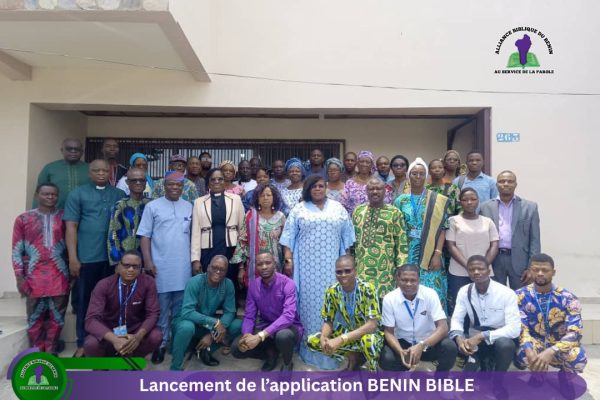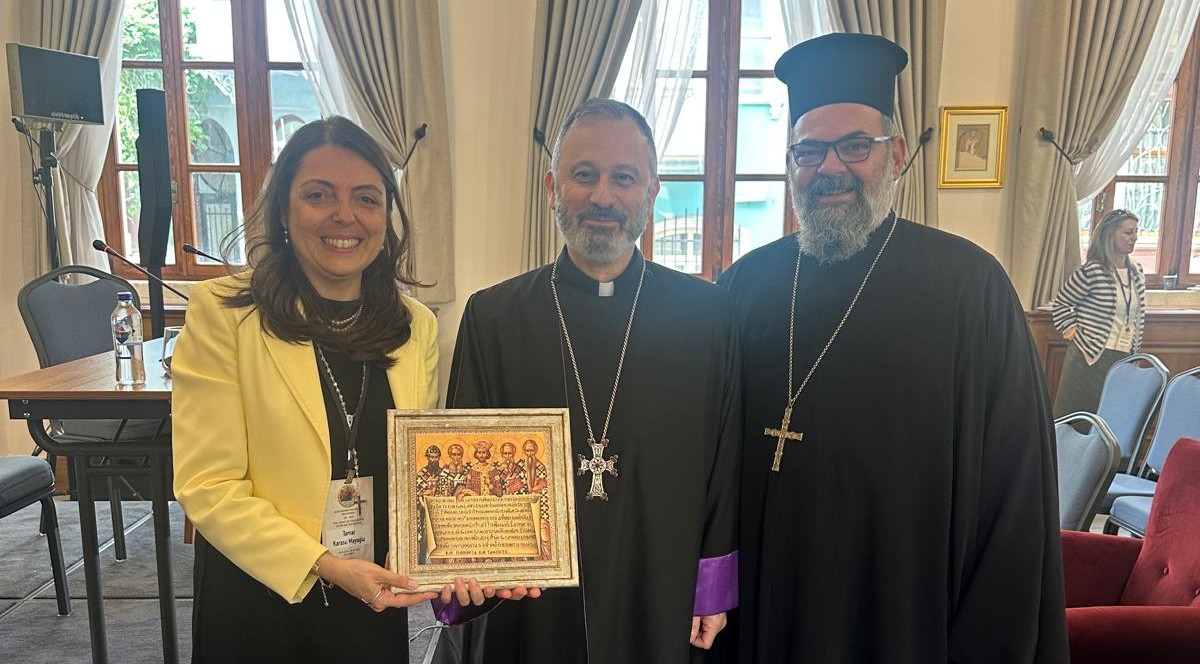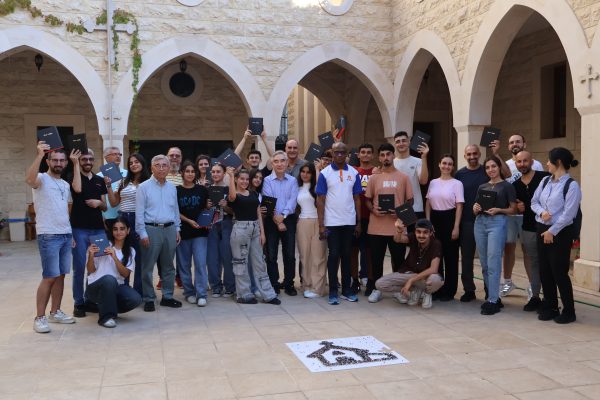
May 20, 2025
 On 20 May 2025, Christians around the world will commemorate the 1700th anniversary of the opening of the First Council of Nicaea, which took place in 325 AD. This was the first ecumenical council in history, and it produced the creed that, completed by the First Council of Constantinople in 381, has become the distinctive expression of the Church’s faith in Jesus Christ.
On 20 May 2025, Christians around the world will commemorate the 1700th anniversary of the opening of the First Council of Nicaea, which took place in 325 AD. This was the first ecumenical council in history, and it produced the creed that, completed by the First Council of Constantinople in 381, has become the distinctive expression of the Church’s faith in Jesus Christ.
In a rare and profound display of Christian unity and scholarly engagement, the Bible Society in Turkey hosted a landmark interchurch symposium marking the 1700th anniversary of the First Council of Nicaea. Held at the historic Maraşlı Greek School in the Fener district of Istanbul, the one-day event drew church leaders, theologians, and academics from diverse Christian traditions and regions.
In her heartfelt opening address, Tamar Karasu Mayoğlu, General Secretary of the Bible Society in Turkey, welcomed the distinguished guests with deep gratitude and outlined the vision behind the symposium.
“This gathering is more than a commemoration of a historical milestone,” she said. “It is an effort to build a meaningful bridge between the legacy of the past and the dialogue of today.”
She emphasised that revisiting the Council of Nicaea—a defining moment in the formation of Christian doctrine in 325 AD—offers a unique opportunity for shared reflection, theological engagement, and ecumenical understanding.
The symposium brought together an exceptional array of participants, including:
- His Beatitude Patriarch Sahak II of the Armenian Church, accompanied by senior clergy;
- Bishop Monsignor Massimiliano Palinuro of the Latin Catholic Church in Istanbul;
- Very Rev. Fr. Vartan T. Kazancıyan, Head of the Armenian Catholic Church in İstanbul and Ankara;
- Patriarchal Vicar Monsignor Orhan Çanlı of the Syriac Catholic Church;
- Archbishop Monsignor Sabri Anar of the Chaldean Catholic Church;
His Eminence Metropolitan Paisios of the Greek Orthodox Church, among other prominent clergy and academics.
Throughout the day, local and international scholars offered presentations exploring theological, historical, and ecumenical aspects of the Council of Nicaea. Topics included the origins of the Nicene Creed, the conflict between Arius and Athanasius, and contemporary reflections on ecclesial unity and division. Notable speakers included Bishop Palinuro, Metropolitan Joachim Billis of Bursa, Dr. Jonathan Moorhead (Switzerland), and Dr. Wolfgang Nestvogel (Germany).
 Attendees were reminded that the Council’s legacy is not confined to the fourth century but continues to shape Christian identity and doctrine today. “This symposium is made richer by your presence,” Mayoğlu noted, recognising the contribution of participants who travelled from abroad solely to attend. She also extended special thanks to His All-Holiness Ecumenical Patriarch Bartholomew, who graciously opened the venue for the occasion.
Attendees were reminded that the Council’s legacy is not confined to the fourth century but continues to shape Christian identity and doctrine today. “This symposium is made richer by your presence,” Mayoğlu noted, recognising the contribution of participants who travelled from abroad solely to attend. She also extended special thanks to His All-Holiness Ecumenical Patriarch Bartholomew, who graciously opened the venue for the occasion.
In his closing remarks, Patriarch Sahak II offered a sober reflection on the dual legacy of the Council—its role in clarifying foundational doctrine, and the fractures it introduced into Christian unity. He called upon churches today to return to the core message of love and reconciliation, expressing hope in the growing ecumenical spirit among Christian communities worldwide.
The symposium concluded with a guided tour of the Maraşlı Greek School, a site steeped in ecclesiastical history.
As churches across the world continue to reflect on the Nicene legacy, this historic event in Istanbul served as a powerful reminder of the possibilities that emerge when tradition, dialogue, and a shared commitment to faith converge.
The Nicene Creed
On 20 May 2025, Christians around the world will commemorate the 1700th anniversary of the opening of the First Council of Nicaea, held in Asia Minor in the year 325 AD. This historic gathering—the first ecumenical council in Christian history—marked a defining moment for the early Church.
It produced what would become the Nicene Creed, later expanded at the First Council of Constantinople in 381 AD. The Creed affirms central Christian beliefs, including the divinity of Jesus Christ, the Holy Trinity (Father, Son, and Holy Spirit), and the Church’s role in salvation.
Originally formulated to unify Christian doctrine, which denied Christ’s divine nature, the Nicene Creed remains a foundational expression of faith, still recited by many Christian denominations today as a symbol of shared belief and unity.













